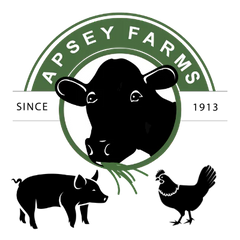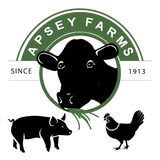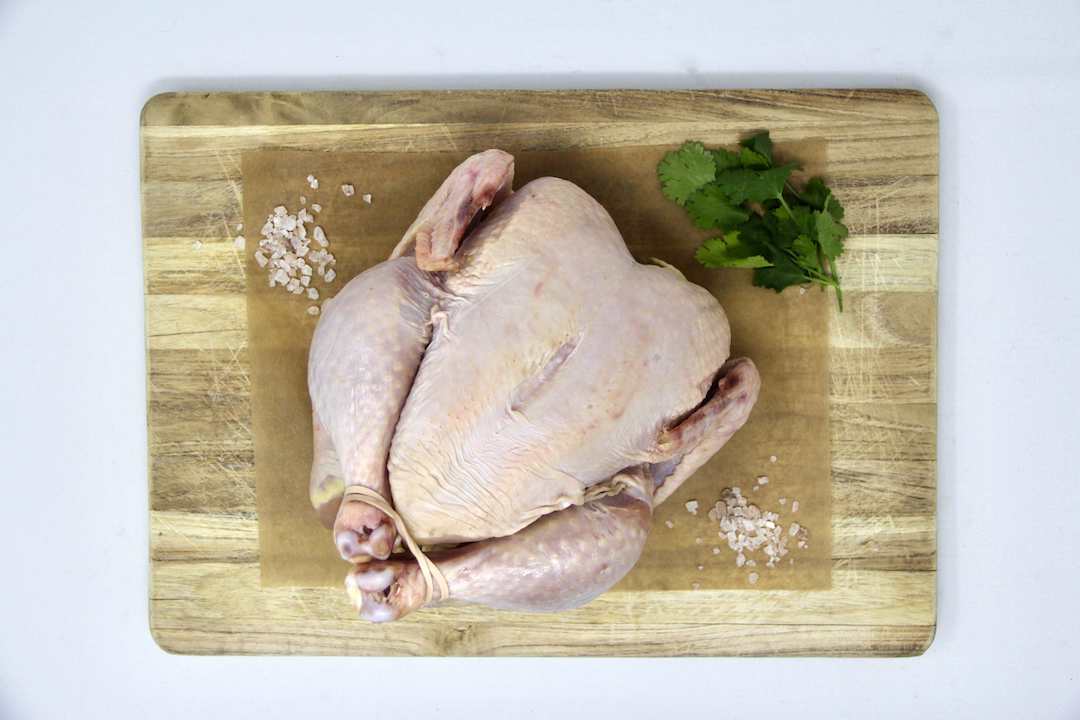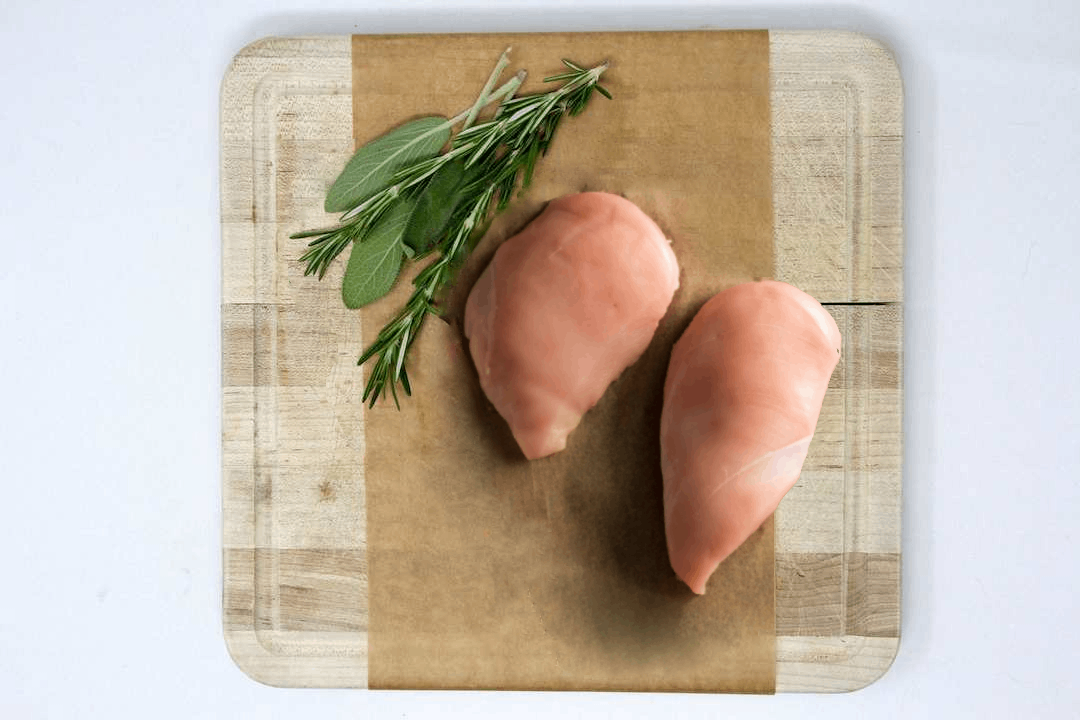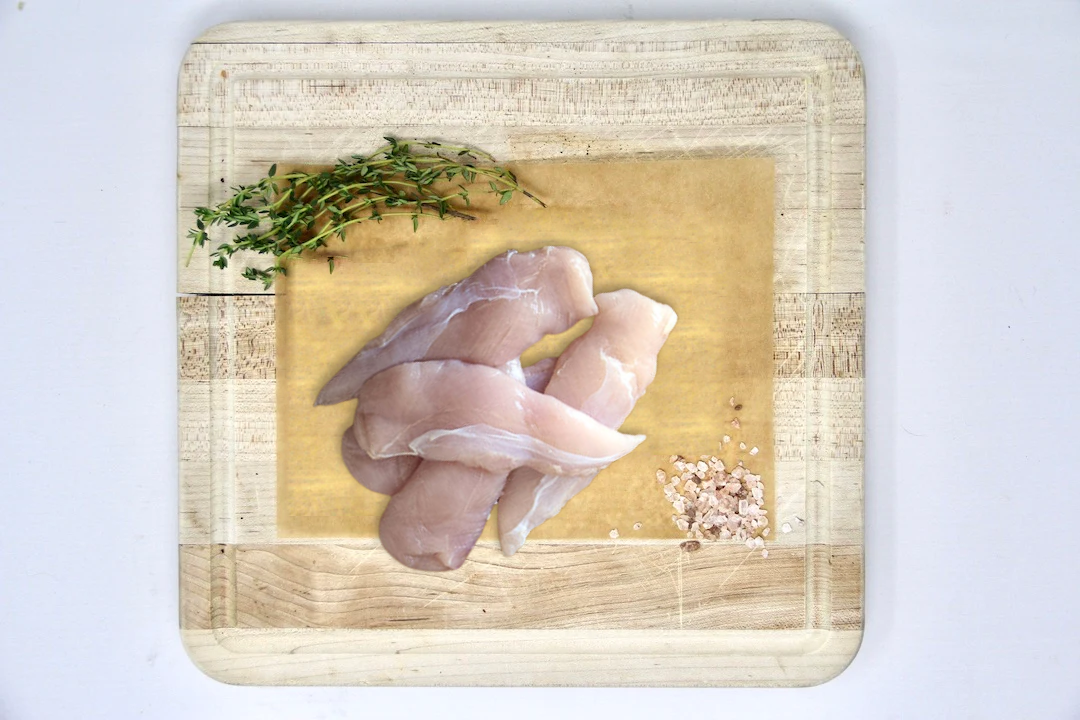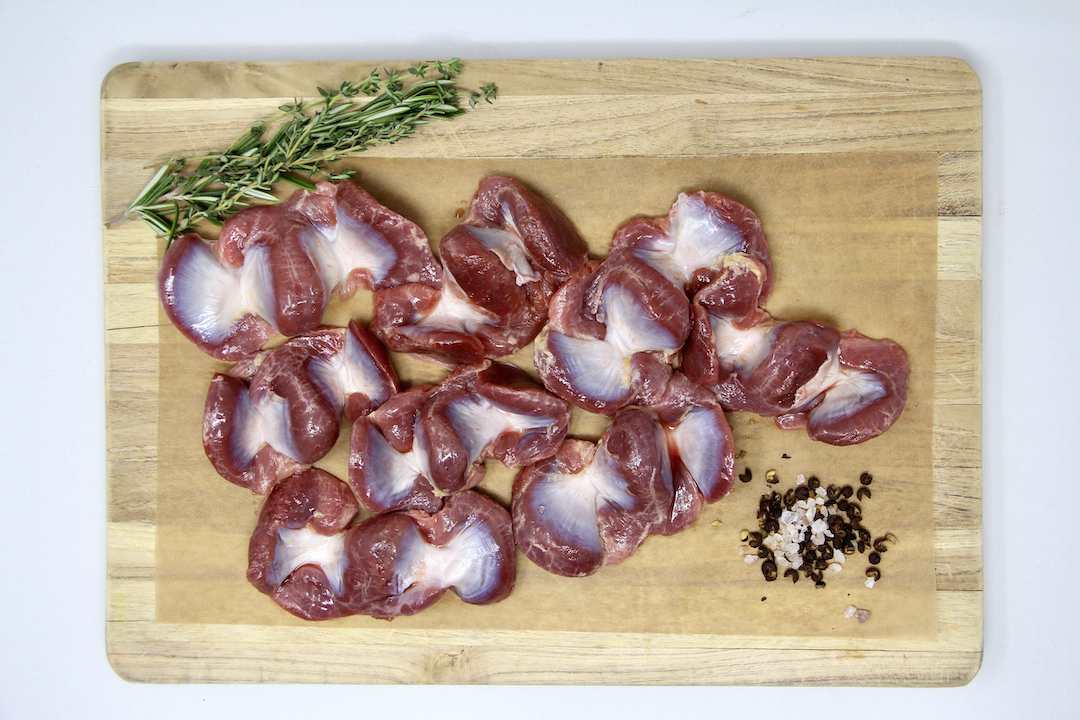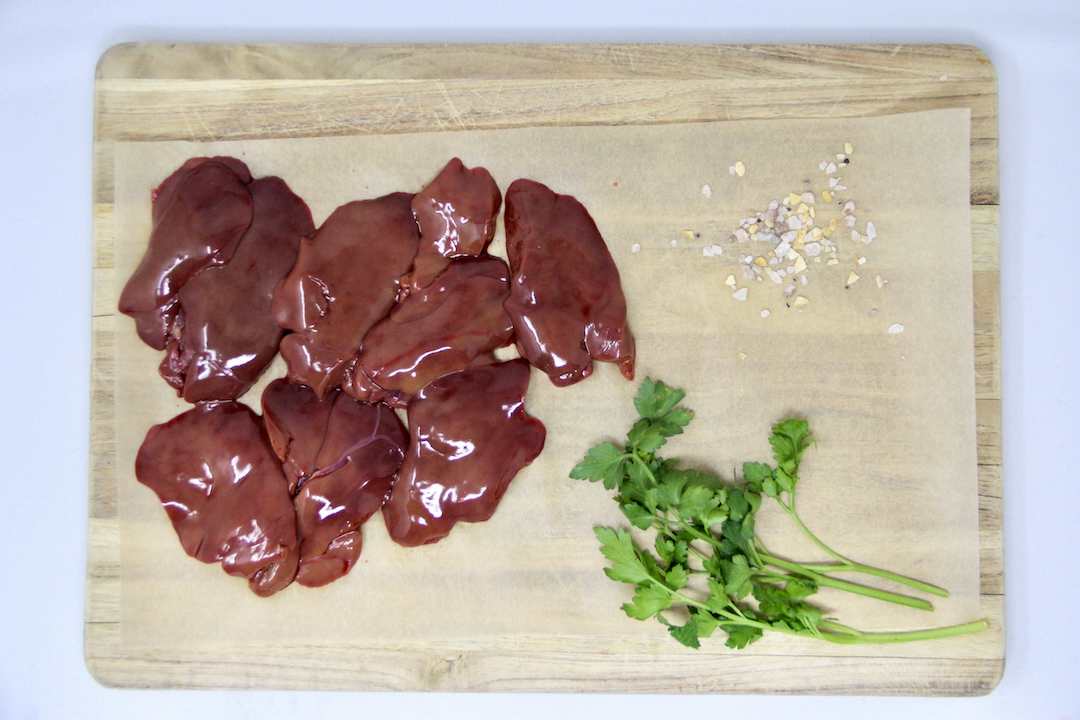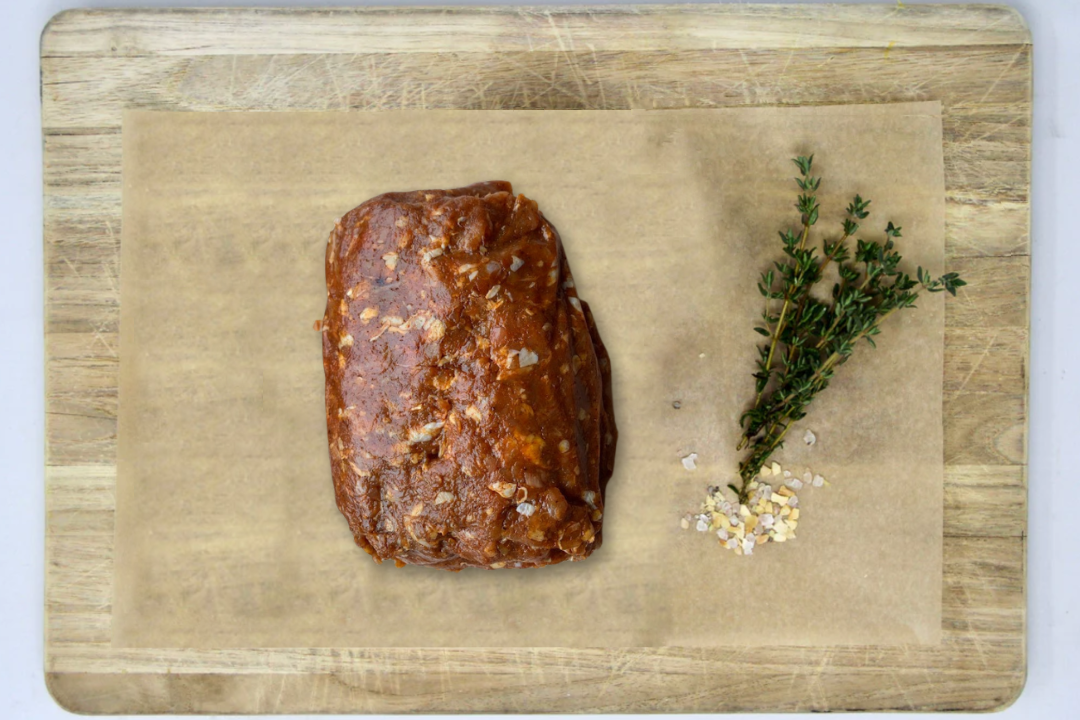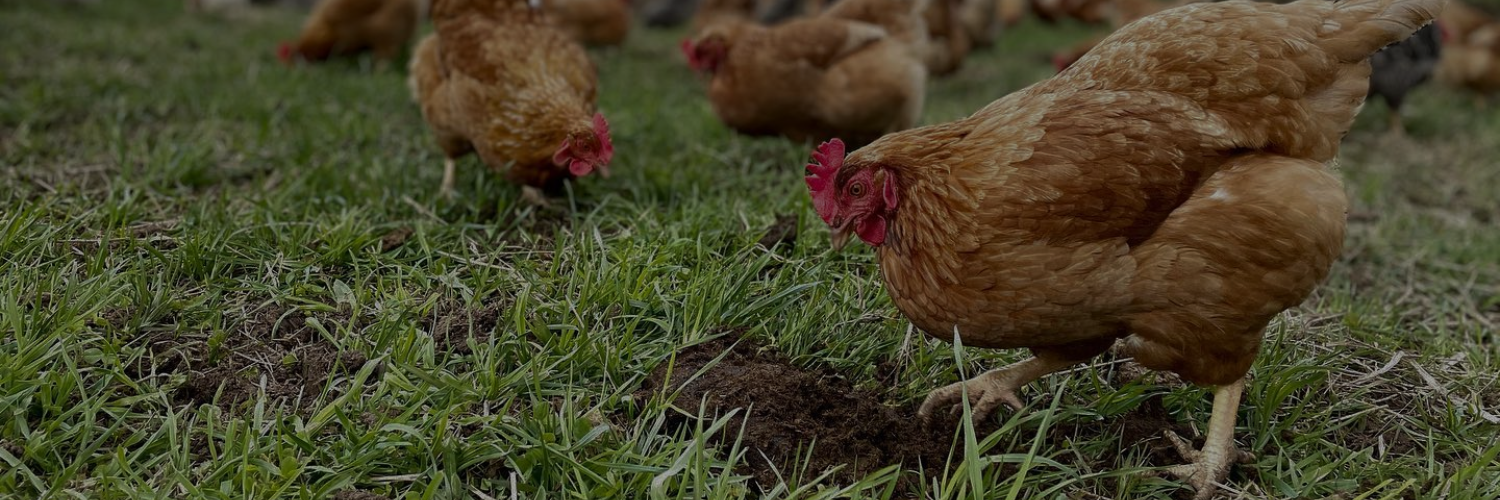
Why Regeneratively-Raised Chicken
SHOP CHICKENFinding chicken that is truly healthy is not easy.
With confusing and misleading labels found in grocery stores, most store bought poultry has been fed a diet comprised mostly of inexpensive GMO corn and soy. This diet is harmful to you and your loved ones.
Even organic chicken, though seemingly a better option, is typically raised in confinement, fed predominately corn and soy feed, and administered vaccinations.
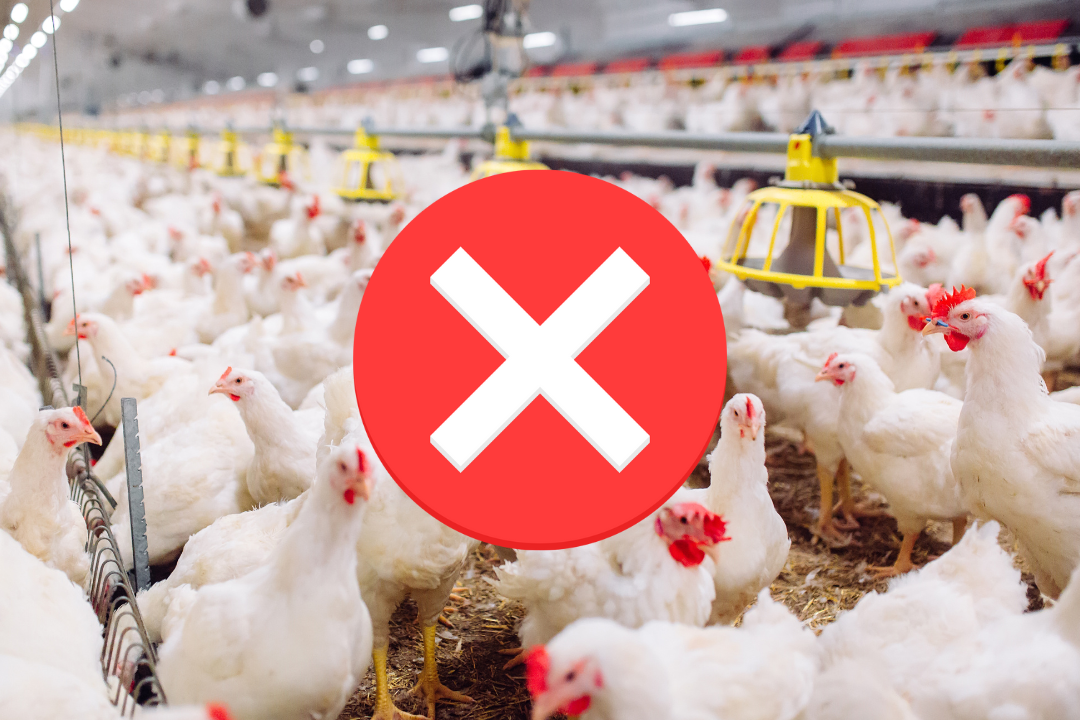
Conventionally-Raised Chicken
Conventionally raised chicken, confined to limited indoor spaces, lack exercise and access to a natural diet. Their cramped living conditions lead to a diet heavy in grains. These grains increase their polyunsaturated fatty acids (PUFAs) levels and lower the vitamin content of the chicken.[1]
Chicken Raised Right
At Apsey Farms, all of our chicken is regeneratively-raised on pasture as nature intended and supplemented with corn & soy-free low-PUFA feed on our family farm and partner farms.
This method of farming is sustainable and regenerative, improving the land's health while providing animals with a humane environment. Our rotational foraging means greater parasite resistance, and less disease for our chickens – we don't need to use chemical dewormers, antibiotics, hormones, etc. [1] [2] [3]


Raising all of our livestock regeneratively as nature-intended is not nearly as efficient, but it's the right thing to do.
Better for you. Better for the animals. Better for the planet. Our regenerative farming practices leads to our low-PUFA corn & soy-free chicken being healthier:
- Healthy living conditions
- Healthy birds without the use of vaccines and antibiotics
- Fresh air and sunlight
- Access to fresh grass and bugs with non-GMO supplemental feed

Check Out the Most Nutritious Chicken
Sources
[1] Giller, K. E., Hijbeek, R., Andersson, J. A., & Sumberg, J. (2021). Regenerative Agriculture: An agronomic perspective.Outlook on Agriculture,50(1), 13-25.
[2] American Poultry Producers Association. (2018). The nutrition of pasture-raised and meats.
[3] Miller, M., Gerval, A., Hansen, J., & Grossen, G. (2022). Chicken expected to continue leading global meat imports as demand rises. USDA Economic Research Service.
[4] Mercy For Animals. (2017, August 3). This is why 97 percent of chicken meat is washed in chlorine... Yes, chlorine.
